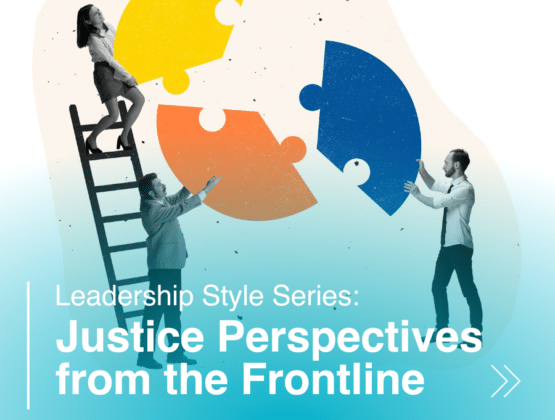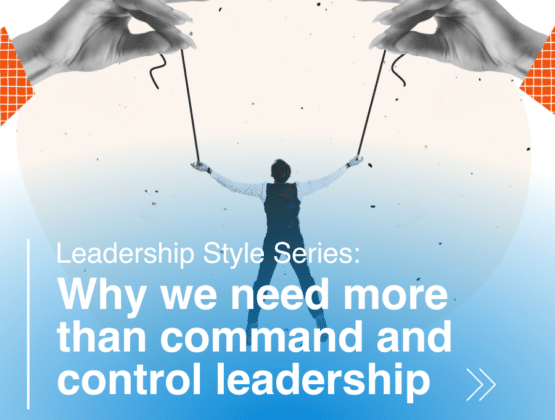Published by Skills for Justice
What is a coaching culture?
Date 12.02.24

This is the second article of the six part Leadership Styles series. Read the first article →
Professor Peter Hawkins defines a coaching culture as:
“A coaching culture exists in an organisation when a coaching approach is a key aspect of how the leaders, managers and staff engage and develop their people, and engage their stakeholders.”
Critically, Professor Hawkins’ description extends to organisations engaging and developing their people in ways that “creates increased individual, team and organisational performance and shared value for all stakeholders.” The implicit assumptions of a coaching culture therefore is one grounded in the spirit of human change, achievement and wellbeing.
Conversely, it is perceived that “In an organisation where the culture is not shaped by a coaching mindset and values, the truth often goes unspoken, change only happens when a crisis takes place, and courage is a rare quality” (CCPL). The pure essence of a coaching culture therefore is a mindset of truth and courage.
So is a coaching culture a process? A style? Or a mindset?
Other proponents of a coaching culture describe it as an evolving set of ideas on a continuum, starting with a mindset, and over time, becoming entrenched in ‘the way things are done around here’. In essence, a coaching culture starts with a mindset, a mindset and belief that with experience, training and effort, everyone can develop their skills, abilities and talents.
Most of us will at some time or another, have experienced the demoralising effects of being micromanaged, having our voices silenced through fear of speaking up, having our creative abilities stifled by the untamed ego of command and control leadership. A coaching style of leadership can have the opposite effect. It is recognised by qualities that are curious, inquiring, reflective and inclusive. A recent article calls for “hard hitting measures to eradicate toxic police culture”. A coaching culture on its own will not achieve this, but it has the ability to create the right conditions for leadership that nurtures, inspires and empowers.
The debate as to whether coaching works is no longer valid, and has been cauterised by the research that evidences that “coaching has significant positive effects on performance and skills, wellbeing, coping, work attitudes, and goal directed self-direction”.
Evidence from neuroscience shows a positive co-relation between the underlying mechanisms of coaching and its ability to facilitate development and activate networks and regions of the brain known to be associated with big picture thinking, engagement, motivation, and stress regulation. These ways of being are seemingly the antithesis of the degenerative morale issues borne from toxic cultures where demoralising and demotivating leadership behaviours are allowed to thrive.
Research also shows that where a coaching style of leadership has been adapted, this can create a more powerful movement towards a more humanistic, inspiring style of leadership. One such study in the health sector reports that whilst a more transformational style of leadership typically associated with flatter hierarchies was positively related to effective nursing culture, transactional leadership, i.e. telling others what to do, had a weak relationship with effective nursing culture.
In the past few years, a number of other studies have been conducted that clearly demonstrate the value, efficacy, and impact of coaching in a number of contexts. For more information, please see the reference section for articles on the specific benefits of leadership coaching, health and wellness coaching, and positive psychology.
With all of this said, how can a coaching style be applied in the justice sector, and what can it be used to tackle? In the next article in this series, we explore the challenges facing justice leaders and how a leadership shift can help the industry tackle them.
The views expressed in this article have been informed by conversations with individuals in the justice sector but otherwise represent the views of Skills for Justice (part of The Workforce Development Trust) based on our experience of working in the sector and our research into coaching cultures.
As experts in the fields of coaching and culture transformation, we have a wealth of experience in guiding organisations towards a coaching culture, and a faculty of associate coaches to draw from.

Download the full eBook
This article is the second article in our six-part Leadership Styles series. Access the full series in our downloadable eBook.
"*" indicates required fields







